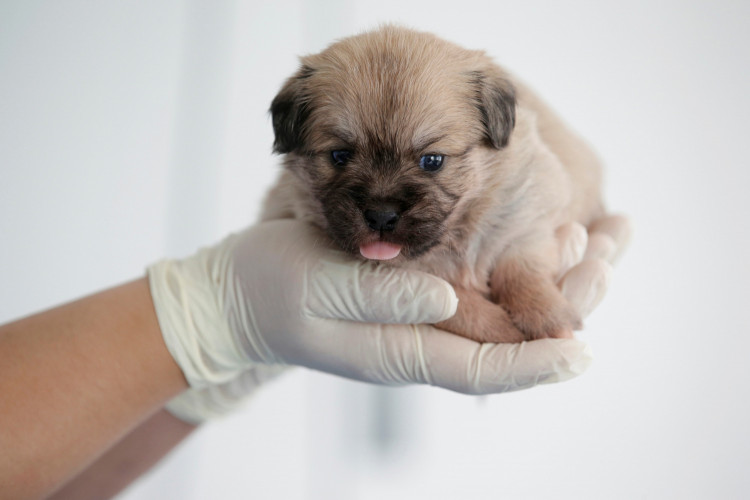Sinogene, the first company in China to offer pet cloning services, has added a celebrity in its growing list of clients.
The company has successfully cloned 'Juice,' a movie star dog who has strong social media following aside from raving fans who watched his films and television shows, Reuters reported.
Juice was a mongrel who was adopted by He Jun, an animal trainer who wanted him to live forever. The celebrity pooch was neutered from an early age so producing offspring was off the table. The only chance he could sustain his celebrity status is for him to have a genetic clone.
To clone Juice, Sinogene took some skin samples from him. It was collected from his lower abdomen. For several weeks, Sinogene scientists isolated his DNA and fertilize an egg which they surgically inserted into the uterus of a beagle who served as the clone's surrogate mother.
The offspring was called "Little Juice" and was born in September. He said it is not yet the right time for "Little Juice" to join the showbiz world but like Juice, he has all the potential.
Mi Jidong, Sinogene's CEO said the company has plans to provide pet gene editing services in the future.
Sinogene has first become worldwide headlines in May 2017 when it announced its first cloned beagle, Longlong.
Longlong, however, was cloned from a dog which underwent gene editing to develop the disease atherosclerosis. Longlong was intended to be studied on how this disease, a leading cause of stroke and heart ailments, could be treated.
After a month of its successful cloning of Longlong, Sinogene then announced its foray into the pet cloning services. At present, the company charged $55,065 for the cloning service.
China is actually the second in the world to launch such services. In 2006, Sooam, a biotech lab in South Korea, pioneered the industry. At the time, the company charges $100,000 for dog owners who wanted a clone of their beloved pets.
Sooam biologist Insung Hwang told The Guardian at the time that the process was not yet perfect. Clones will not be 100 percent identical to the pet which owners wanted to duplicate. For specific breeds like Dalmatians, the clone may have different spots than the original.
Cloning of animals was on the other hand pioneered by researchers in Britain when they introduced the world's first cloned adult sheep, Dolly in 1997. The researchers were headed by Ian Wilmut, an embryologist at the Roslin Institue in Edinburgh.





